Nội Dung Chính
(Page 62)
II. LANGUAGE
Pronunciation
Stressing auxiliary and modal verbs
💡Remember!
Auxiliary and modal verbs are usually not stressed in connected speech; however, they have stress in the following situations:
• when they are not followed by the main verb in short responses.
Example:
Can we walk to the cinema? - Yes, we can.
• when they are contracted with not in negative sentences.
Example:
You haven't applied for the job yet.
• when they are used to emphasise disagreement with the previous statement.
Example:
A: Nam wasn't interested in that job.
B: He was interested in the job.
1. Listen and repeat. Pay attention to the stressed words. 🎧
1. I don't like working with numbers, but my brother does.
2. I will help you with your maths homework if I can.
3. A: You haven't submitted your application letter for the job yet.
B: I have.
4. My brother couldn't ride a bike two months ago, but he can now.
2. Listen and underline the stressed auxiliary and modal verbs in the following sentences. Then practise saying the sentences in pairs. 🎧
1. I would help you find a job if I could.
2. When he started his first job, he wasn't used to working in an office, but he is used to it now.
3. A: Are you ready for the interview?
B: Yes, I am.
4. A: Is your father a teacher?
B: He was, but he's retired now.
Vocabulary
Work
1. Match the words with their meanings.
| 1. challenging (adj) | a. worth doing, especially by making you feel satisfied that you have done something useful |
| 2. relevant (adj) | b. money added to somebody's salary as a reward for good work |
| 3. bonus (n) | c. difficult in an interesting way that tests your ability |
| 4. employ (v) | d. related to a subject or to something happening or being discussed |
| 5. rewarding (adj) | e. to have someone work or do a job for you and pay them for it |
(Page 63)
Grammar
Simple, compound, and complex sentences (review and extension)
💡Remember!
• A simple sentence includes one independent clause.
Example:
My brother didn't apply for the job.
• A compound sentence includes two or more independent clauses joined by a coordinating conjunctive, e.g, and, but, or, nor, yet, so, a correlative conjunction, e.g. not only... but also, or a conjunctive adverb, e.g. as a result, moreover, in fact, on the other hand.
Example:
My brother didn't apply for the job, but he was offered an apprenticeship.
Being a nurse is a very tiring job; moreover, you don't earn a high salary.
• A complex sentence includes one (or more) independent clause(s) and at least one dependent clause joined by a subordinating conjunction, e.g. when, while, because, although, if, so that.
Example:
When I was younger, I wanted to become a driver.
Because my brother is often late for work, he is never promoted.
1. Combine the following simple sentences, using the words in brackets.
1. He left school with no academic qualifications. He found a well-paid job. (although)
-> ________________________________________________________________________________.
2. People learn English well. They will have a better chance of getting a job. (if)
-> ________________________________________________________________________________.
3. This job requires good language skills. It also requires communication skills. (not only... but also)
-> ________________________________________________________________________________.
4. My dad attended a cooking course. He can open his own restaurant. (so that)
-> ________________________________________________________________________________.
2. Work in pairs. Add more clauses to the following sentences to make compound or complex sentences.

I want to become a doctor.
I admire teachers.
There are jobs that no longer exist.
Some jobs will be done by robots in the future.
Example:
I want to become a doctor because
I want to help sick people.
Although my grades are not very good,
I want to become a doctor.
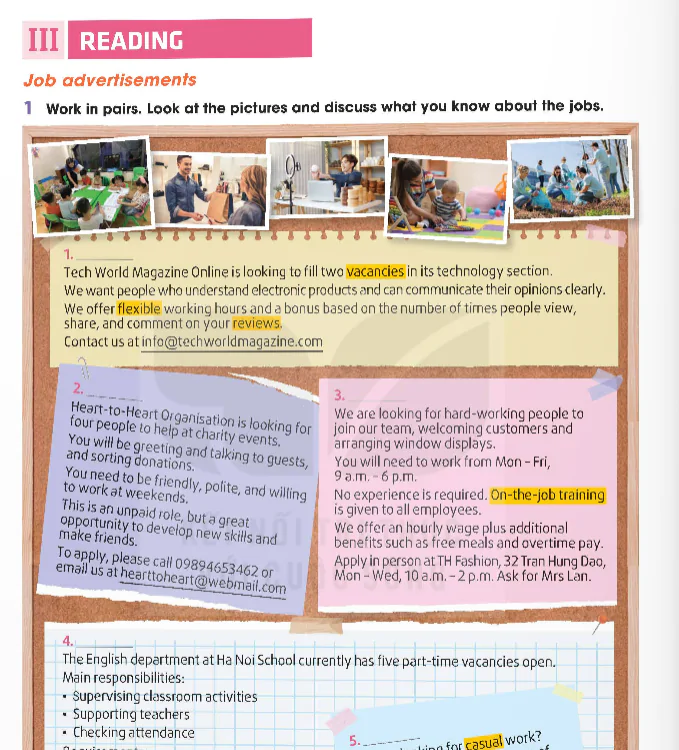
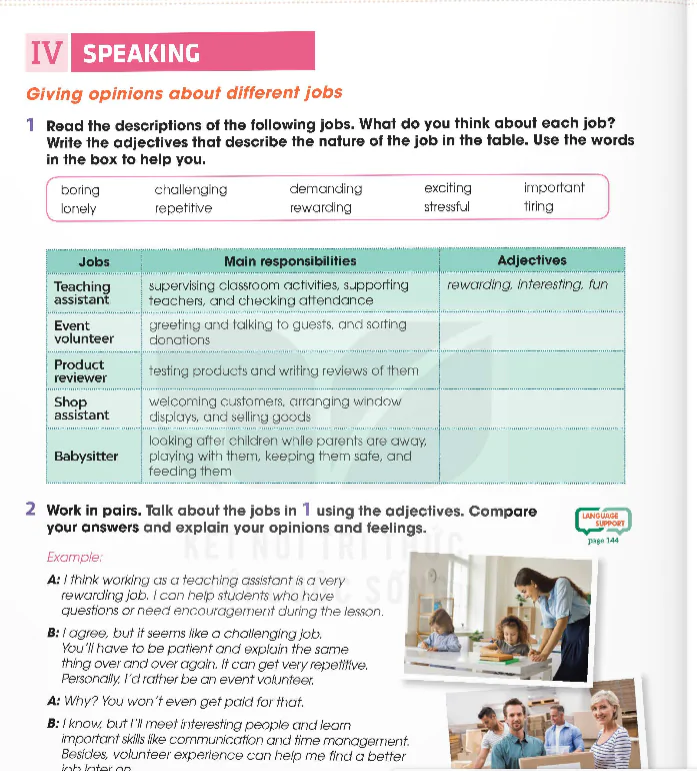


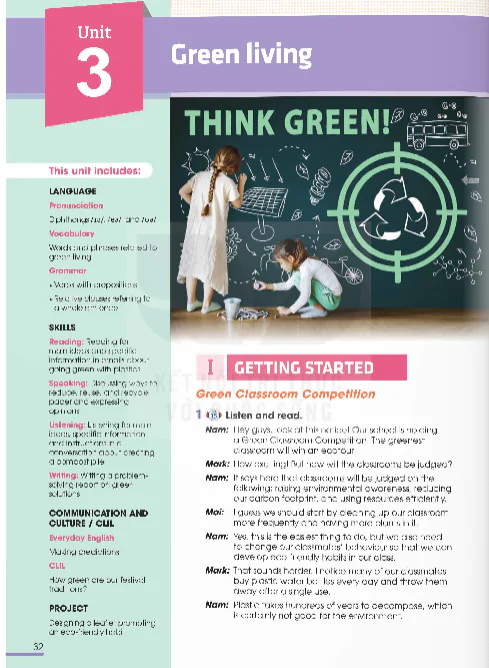
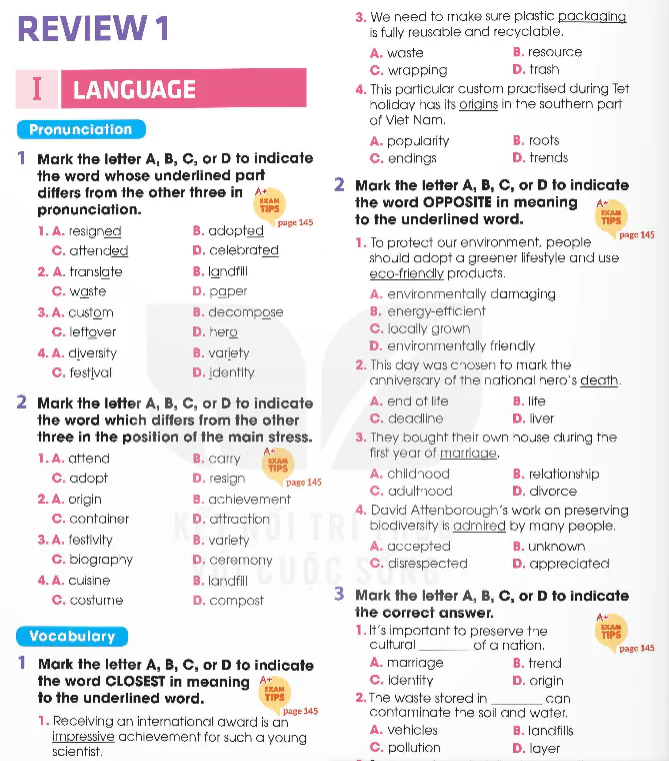
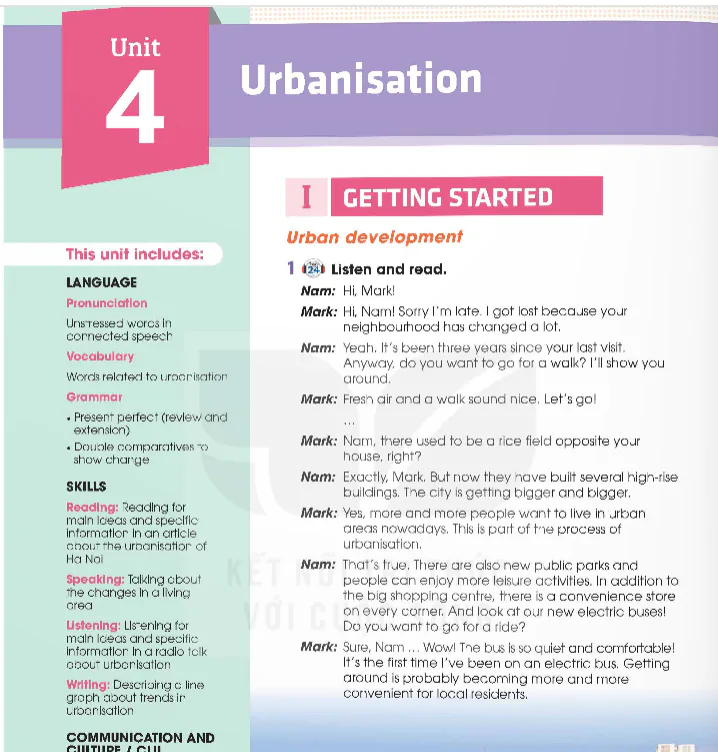
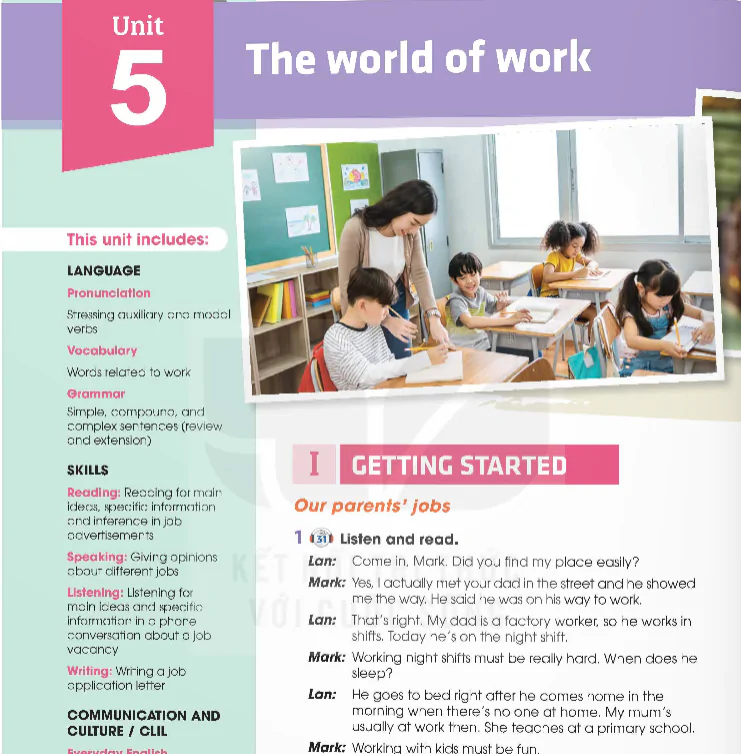
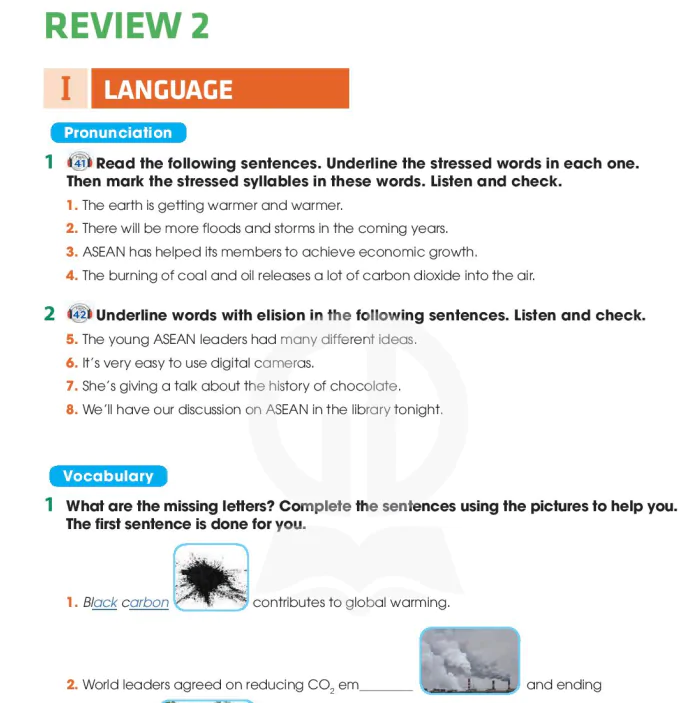
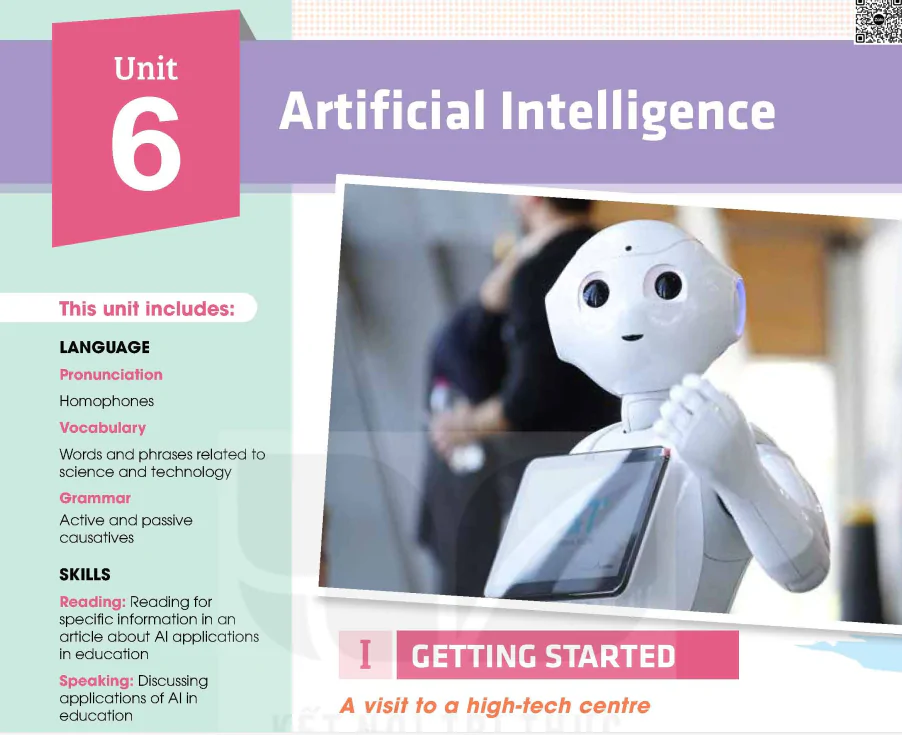
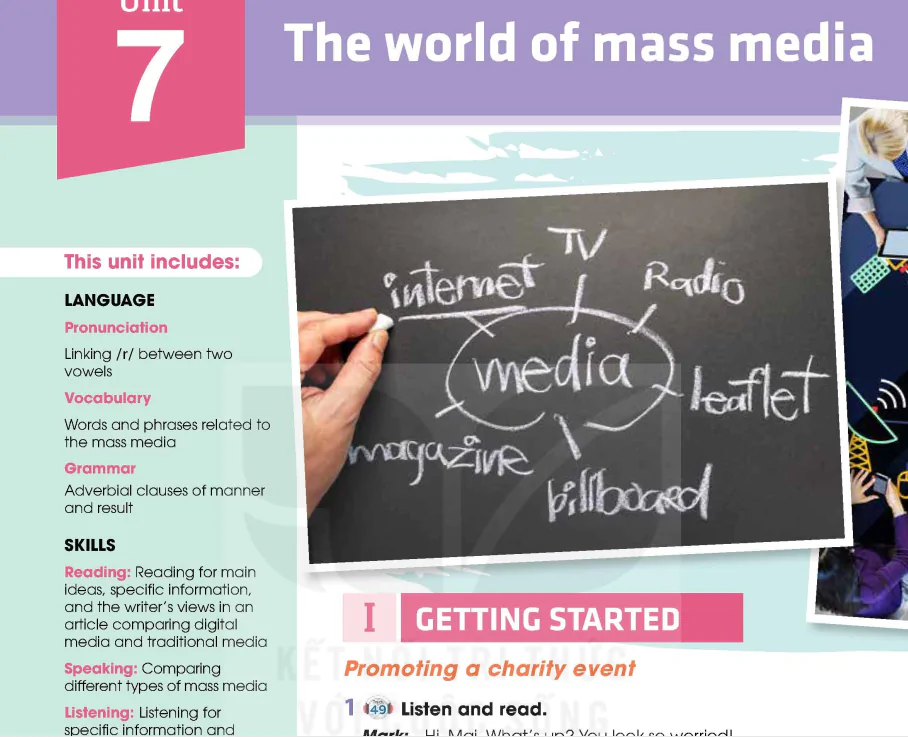

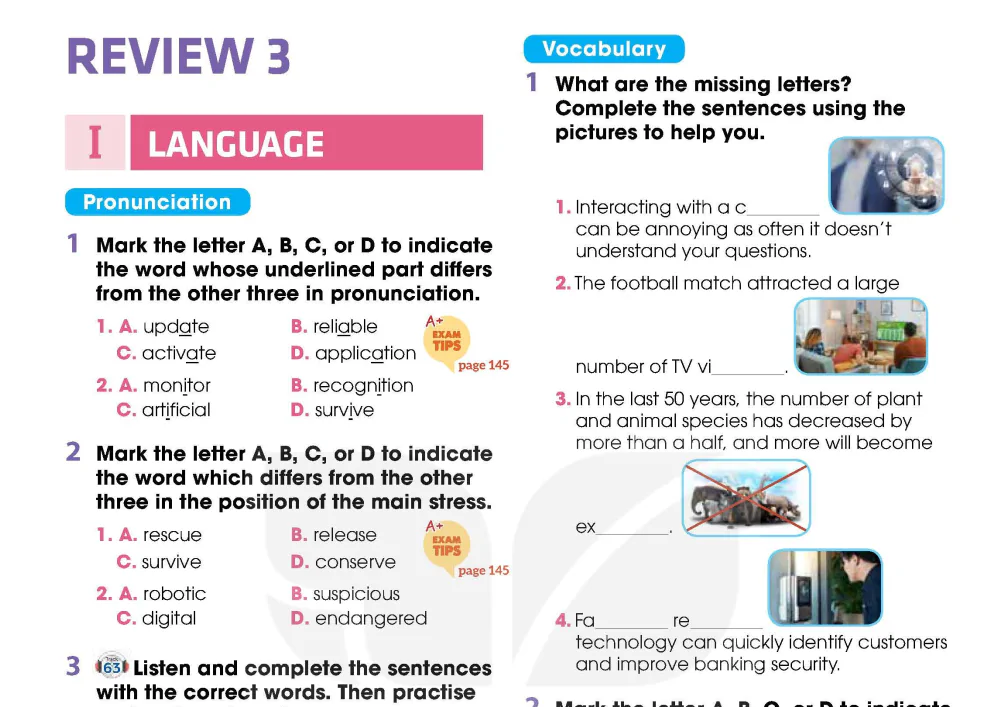
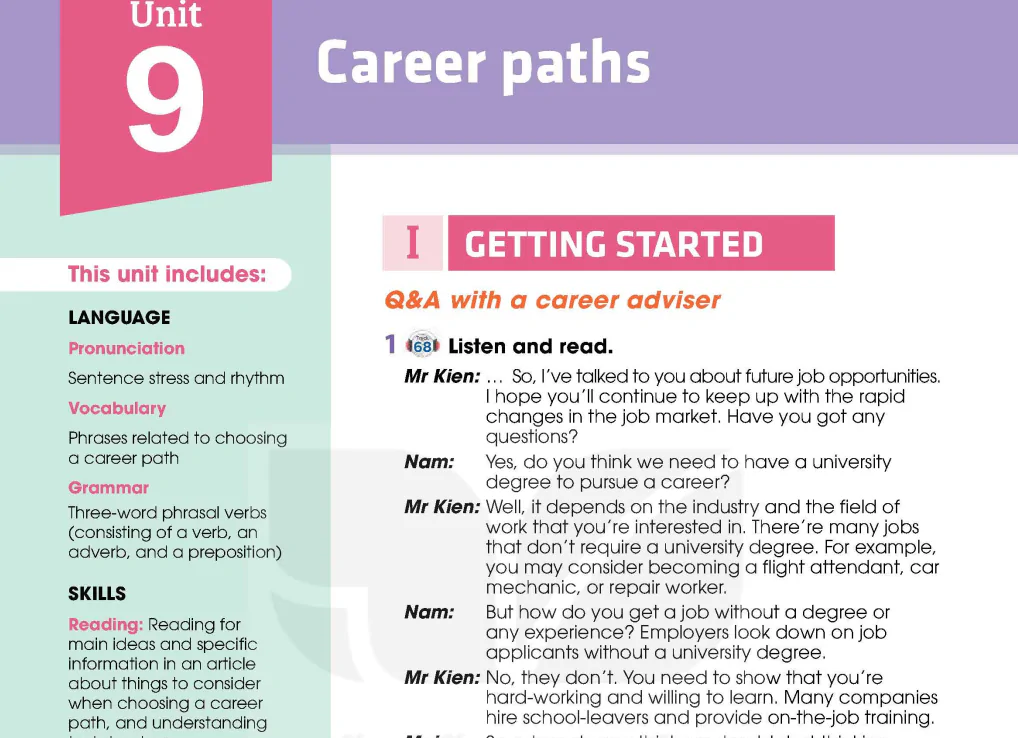
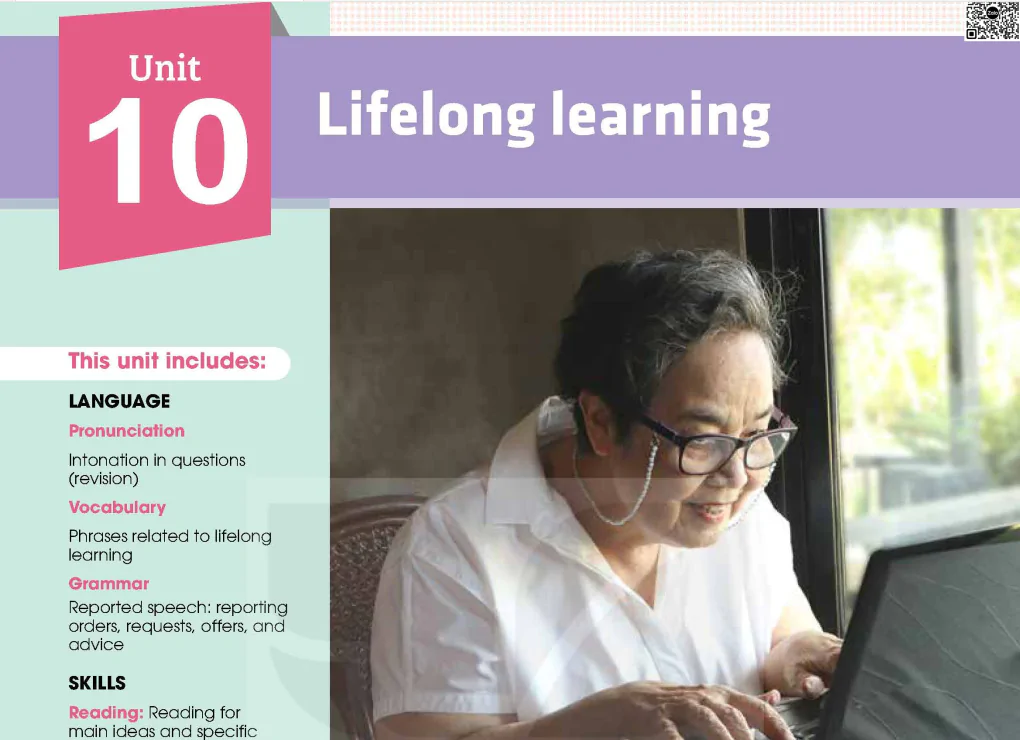
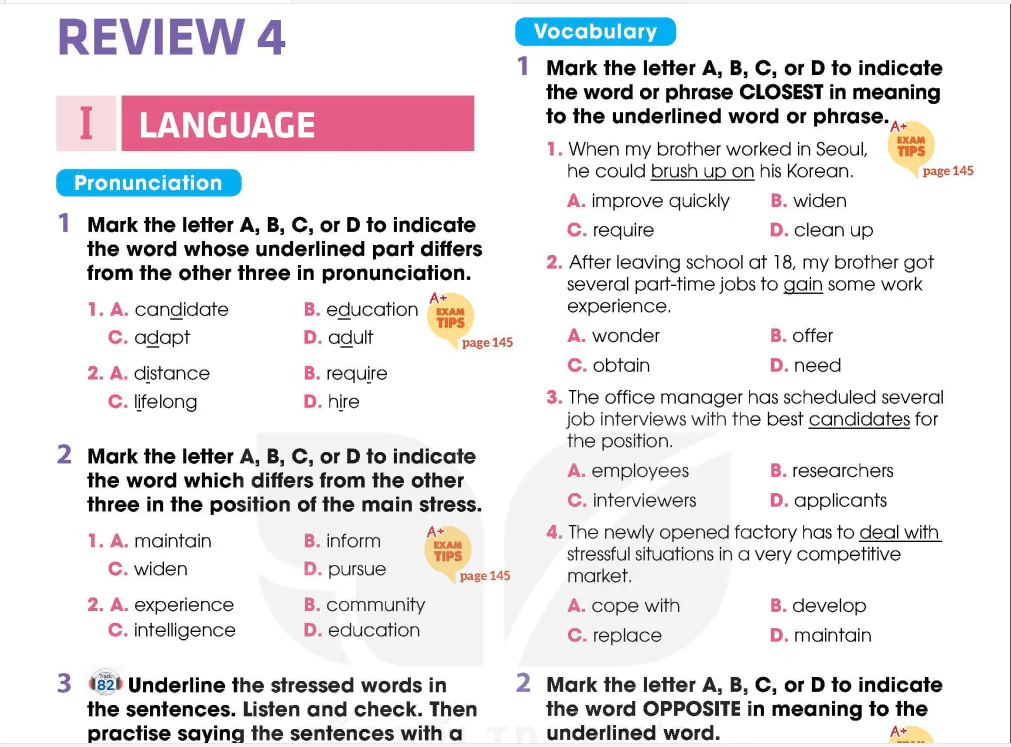
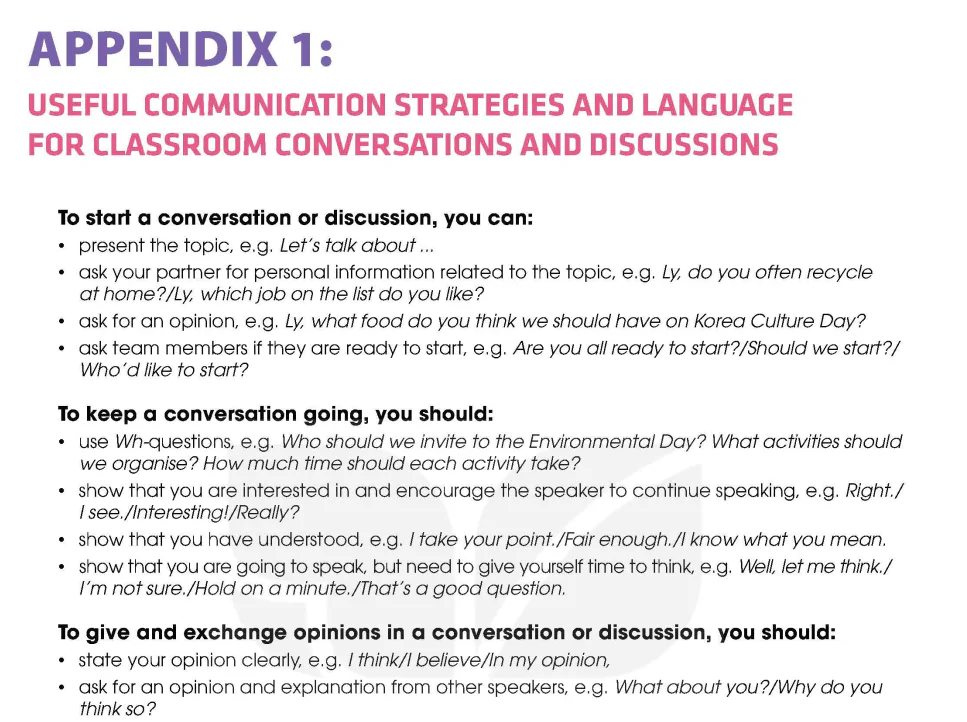
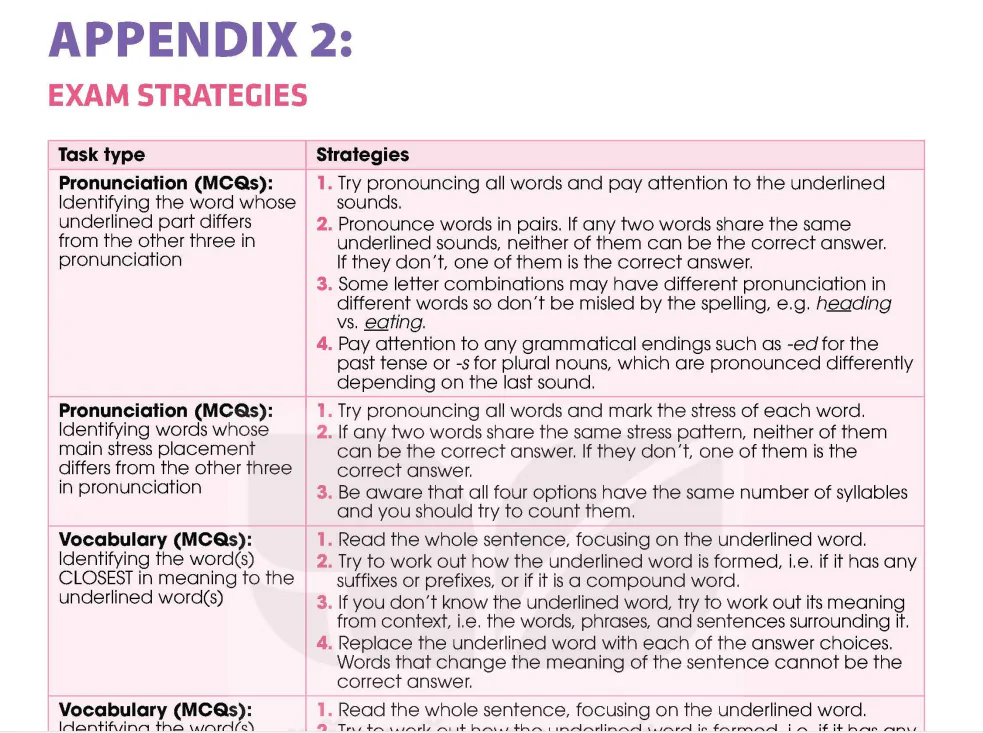
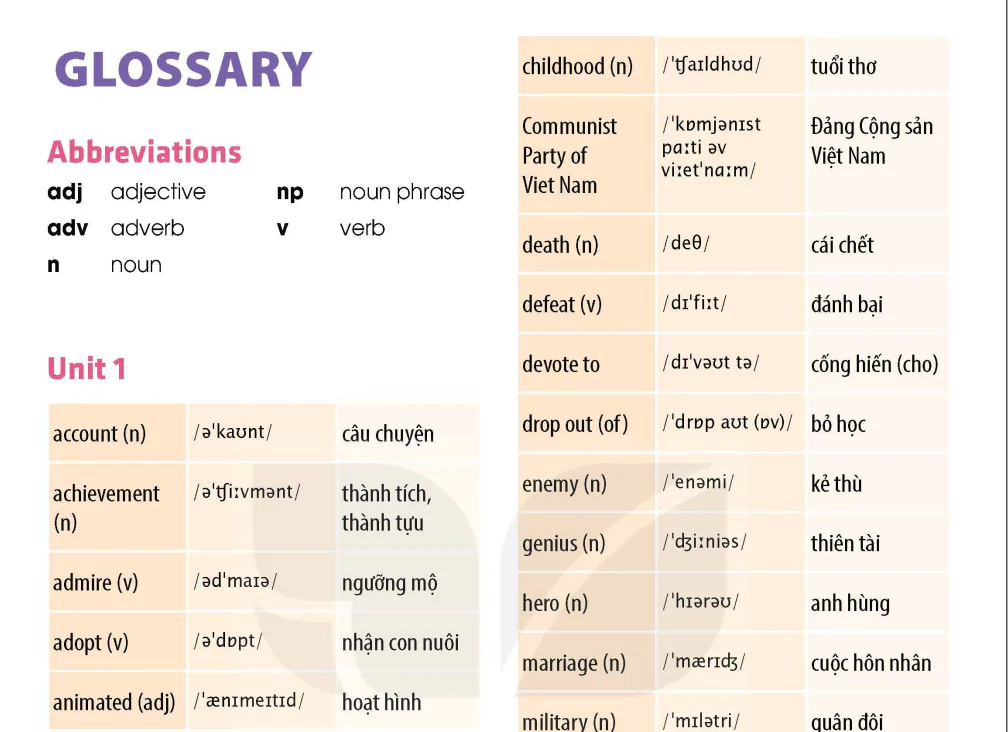


















Bình Luận
Để Lại Bình Luận Của Bạn